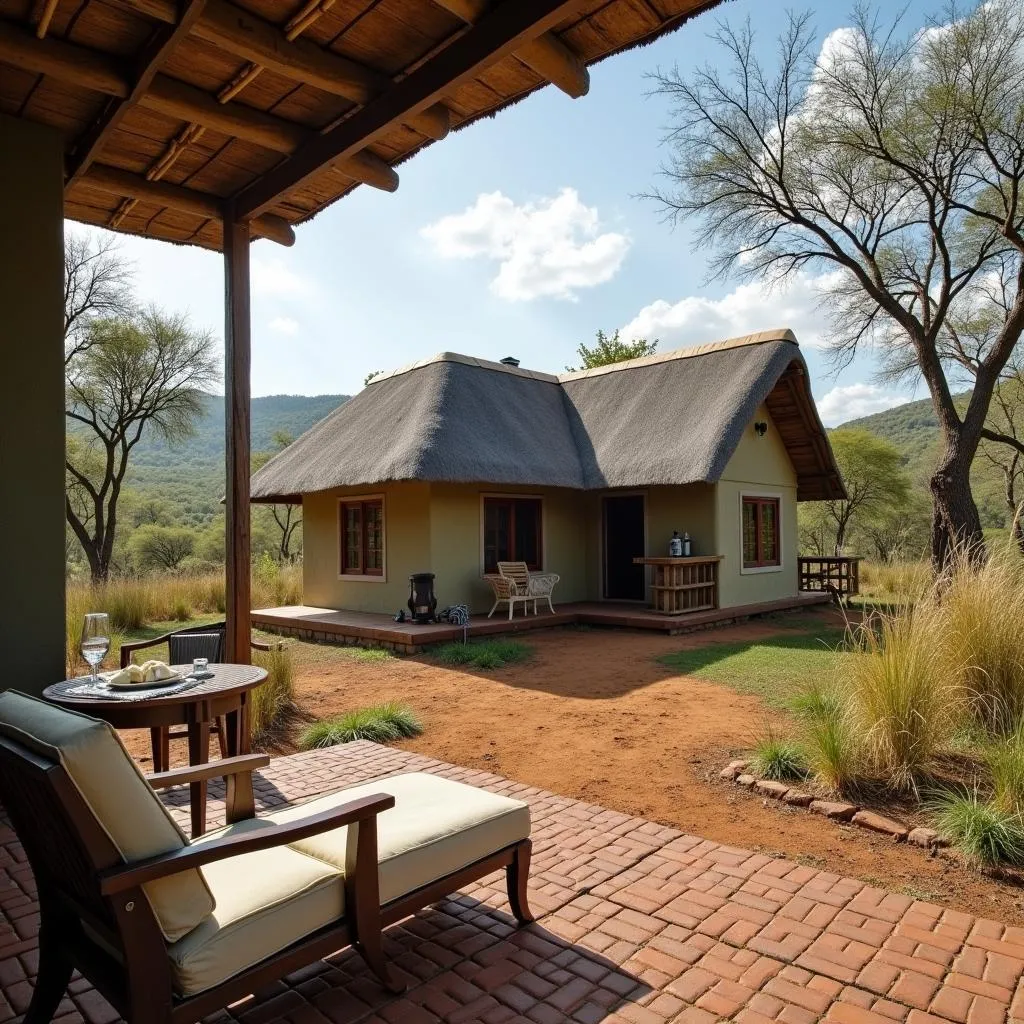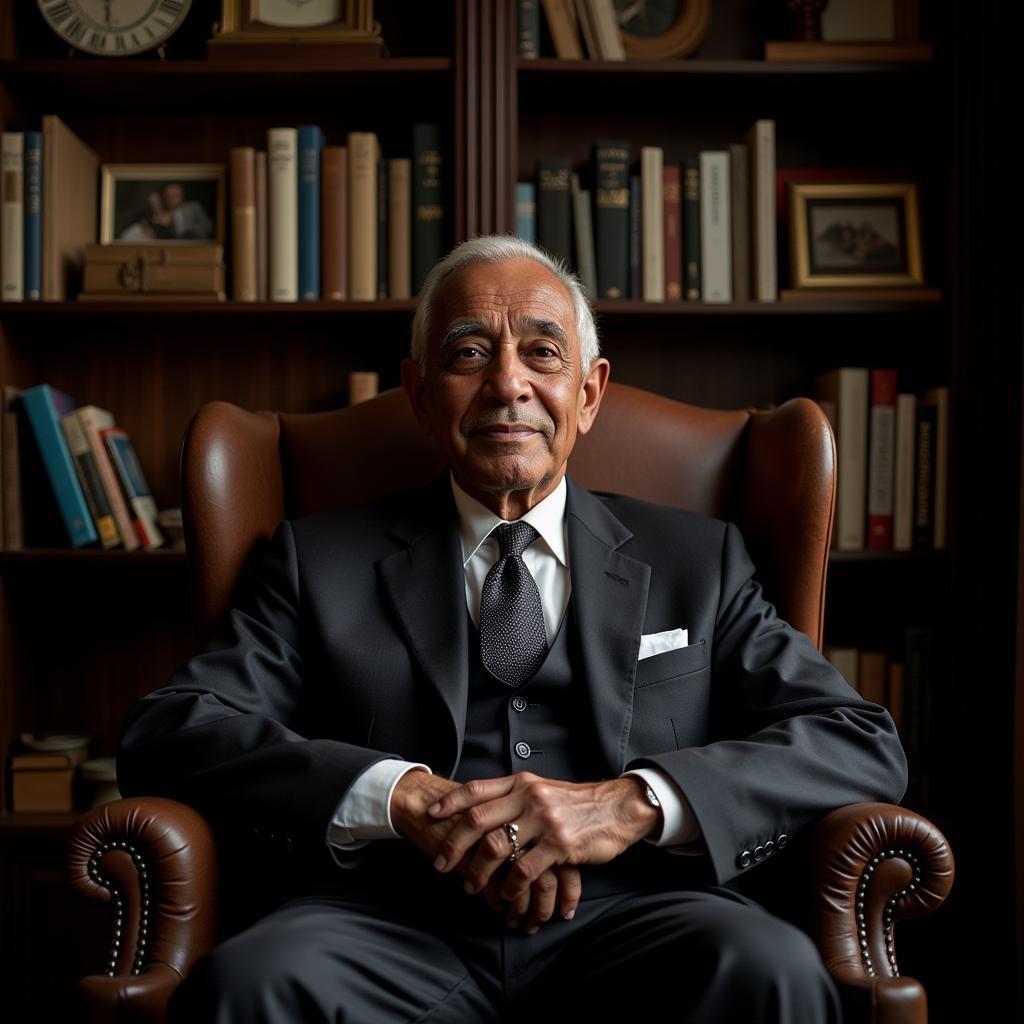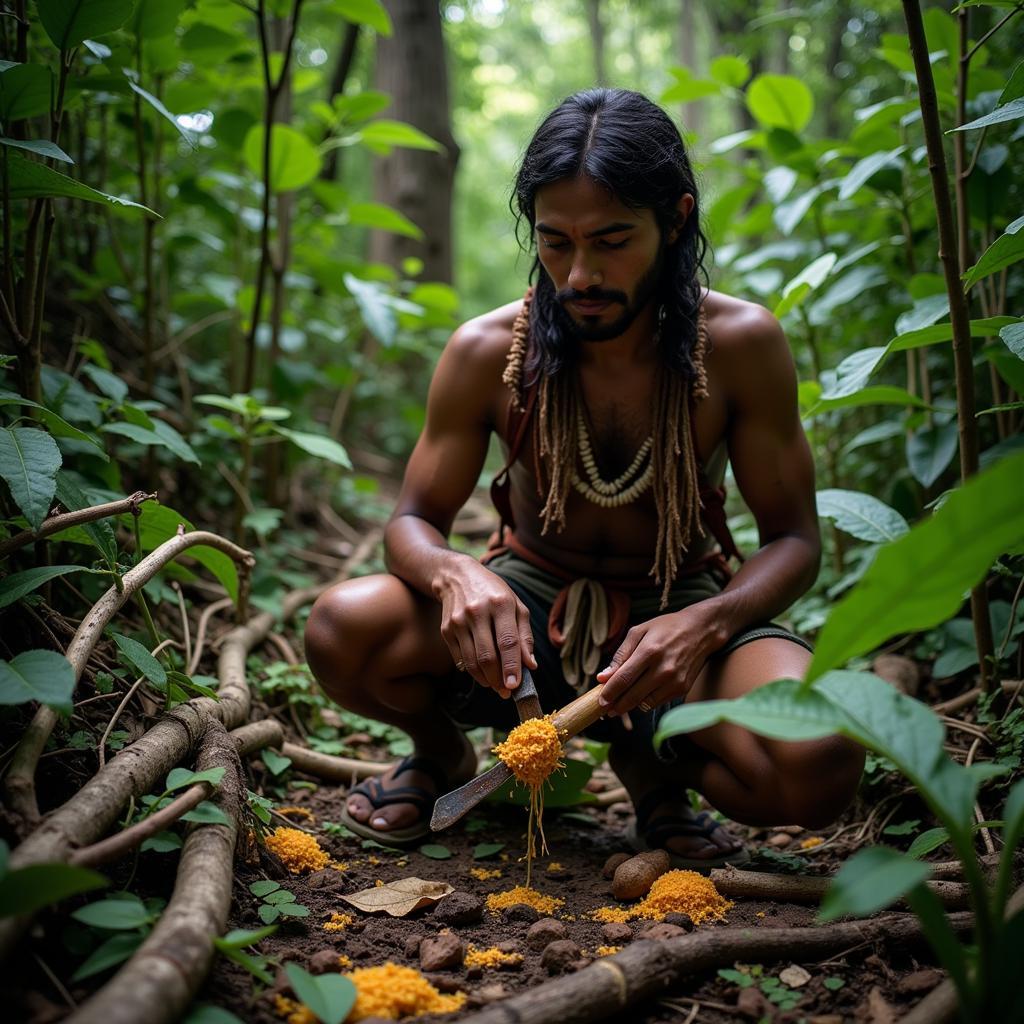African Hunting Safaris on a Budget: Your Ultimate Guide to Adventure
African hunting safaris are a thrilling and unforgettable experience, but they can also be expensive. But what if we told you that you don’t need to break the bank to embark on an adventure of a lifetime? With careful planning and a little research, you can experience the thrill of a safari in Africa on a budget that suits your needs.
This comprehensive guide will equip you with the knowledge you need to plan an affordable African hunting safari, revealing hidden gems and tips to maximize your experience without sacrificing quality.
Choosing Your Destination
One of the first steps to planning a budget-friendly safari is choosing the right destination. While countries like South Africa and Botswana offer world-class hunting experiences, they can also be quite expensive. Consider exploring alternative destinations like:
- Tanzania: This East African nation boasts vast wilderness areas, diverse wildlife, and a range of hunting concessions catering to different budgets.
- Zambia: Home to the renowned South Luangwa National Park, Zambia offers affordable hunting options, especially in less popular areas.
- Namibia: With its vast desert landscapes, Namibia offers unique hunting experiences, including opportunities to track elusive desert-adapted animals.
- Zimbabwe: A country with a rich hunting history, Zimbabwe offers diverse hunting opportunities at competitive prices, especially in the less crowded areas.
Finding the Right Hunting Outfitter
Choosing the right hunting outfitter is crucial for a successful and safe safari experience. Here are some tips for finding an outfitter that aligns with your budget and preferences:
- Read Reviews: Check online reviews on platforms like SafariBookings, TripAdvisor, and Hunting Report to get an idea of other hunters’ experiences.
- Compare Prices: Get quotes from multiple outfitters and compare their offerings, including accommodation, hunting fees, and any additional services.
- Ask for References: Don’t hesitate to ask outfitters for references from previous clients to get first-hand insights.
- Look for Packages: Some outfitters offer package deals that can save you money, especially if you’re booking multiple nights or including additional services.
Planning Your Itinerary
The duration of your safari can significantly impact your budget. While longer safaris offer more time to explore and hunt, they also tend to be more expensive. Consider starting with a shorter safari, such as a 5-7 day trip, and gradually increase your trip duration as your budget allows.
Here’s a breakdown of how a typical budget-friendly 5-day safari could be structured:
Day 1:
- Arrive at your chosen destination, check in at your lodge or camp, and relax before your hunting adventure begins.
- Enjoy a delicious welcome dinner.
Day 2-4:
- Embark on daily hunting excursions guided by experienced professionals.
- Learn about the local wildlife, hunting techniques, and conservation efforts.
- Enjoy memorable campfires under the African sky.
Day 5:
- Depart from your safari destination, feeling refreshed and invigorated.
Accommodation Options
Your accommodation can make a big difference in your overall safari budget. While luxurious lodges offer unparalleled comfort and amenities, they also come with a higher price tag. Consider these budget-friendly alternatives:
- Camps: Camps offer a more rustic and authentic safari experience, often with basic but comfortable accommodation.
- Guest Houses: Some rural guest houses offer affordable lodging near hunting areas, allowing you to immerse yourself in local culture.
- Self-Catering Options: For those seeking maximum flexibility and budget control, consider renting a self-catering cottage or apartment near your hunting grounds.
Hunting Fees & Permits
Hunting fees vary depending on the animal you wish to hunt, the hunting area, and the outfitter. Here’s a breakdown of key factors affecting costs:
- Species: The trophy value of the animal plays a significant role in the hunting fees.
- Hunting Area: Hunting concessions in remote and pristine areas often have higher fees compared to those in more accessible regions.
- Outfitter: Different outfitters charge different rates based on their services, experience, and guiding expertise.
Food & Drinks
Meals on safari can range from simple camp-cooked meals to fine-dining experiences at luxury lodges. While the food is often included in your safari package, it’s good to consider these tips to manage your food and drink budget:
- Pack Snacks: Bring your own snacks like nuts, dried fruit, and energy bars to save on expensive camp purchases.
- Drinks: While water is usually provided, be mindful of alcohol consumption, as it can quickly add up.
- Tipping: Tipping staff is customary, but you can plan for this by setting aside a small budget for gratuities.
Transportation
Getting to and from your hunting destination can be a significant cost. Consider these options to minimize transportation expenses:
- Fly-in Safaris: Fly-in safaris often involve using small charter planes or light aircraft, which can be expensive.
- Road Transfers: Consider opting for road transfers, which are generally more affordable than flying.
- Self-Drive Options: If you’re comfortable driving in remote areas, renting a vehicle can offer cost savings, but ensure it’s suitable for the terrain.
Expert Tip:
“Planning a budget-friendly safari requires meticulous research and understanding of the costs involved,” says John Smith, an experienced hunter and safari guide with over 15 years of experience. “It’s about finding the right balance between affordability and the experience you’re seeking.”
Essential Gear & Equipment
Don’t let the cost of gear discourage you from embarking on your hunting adventure. Here’s a list of essential gear you can often find at affordable prices or even borrow from friends:
- Reliable Rifle: Invest in a good quality hunting rifle that suits your needs.
- Appropriate Clothing: Choose clothing suitable for the weather conditions and terrain.
- Footwear: Wear comfortable and durable boots for long days on the hunt.
- Binoculars: Essential for spotting game and enjoying the wildlife.
- Headlamp: A must-have for navigating camp in the evenings.
FAQ:
Q: What is the average cost of an African hunting safari?
A: The average cost of an African hunting safari can vary widely depending on factors like the destination, hunting area, duration, and type of accommodation. Expect to spend between $3,000 and $10,000 per person for a 5-7 day safari.
Q: What is the best time of year to go on an African hunting safari?
A: The best time to go on an African hunting safari depends on the specific animal you want to hunt and the region you’re visiting. Generally, the dry season (May-October) offers optimal hunting conditions.
Q: Can I hunt in Africa without a guide?
A: Hunting without a guide is generally not allowed in most African countries. Guided safaris are essential for safety, responsible hunting practices, and local regulations.
Q: How can I save money on my African hunting safari?
A: Consider hunting in less popular areas, opting for camping accommodation, and taking advantage of package deals offered by outfitters.
Q: What are some of the best budget-friendly African hunting destinations?
A: Tanzania, Zambia, Namibia, and Zimbabwe offer diverse hunting opportunities at competitive prices.
Your African Adventure Awaits!
Planning an affordable African hunting safari is achievable with careful planning, research, and a willingness to explore less-traveled paths. Remember, the ultimate goal is to have an unforgettable experience, and that doesn’t always require a hefty price tag.
Ready to embark on your African hunting adventure?
 Hunting camp in Tanzania
Hunting camp in Tanzania
Contact us today to discuss your dream safari and we’ll help you plan an unforgettable adventure that fits your budget.
Contact Us:
Phone: +255768904061
Email: kaka.mag@gmail.com
Address: Mbarali DC Mawindi, Kangaga, Tanzania
We offer 24/7 customer support to ensure your safari planning is seamless.



